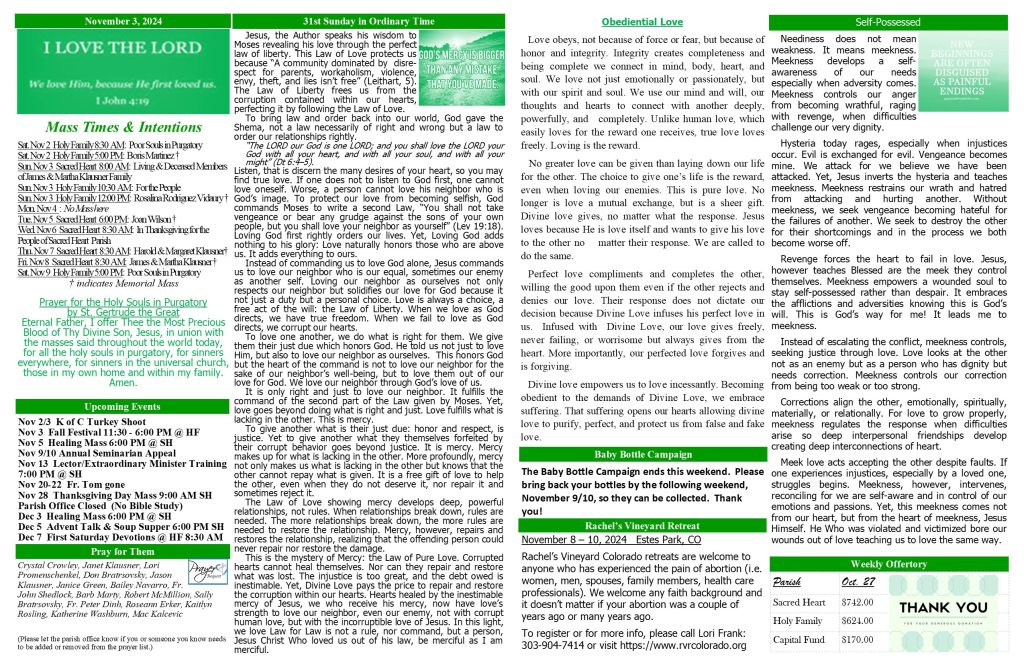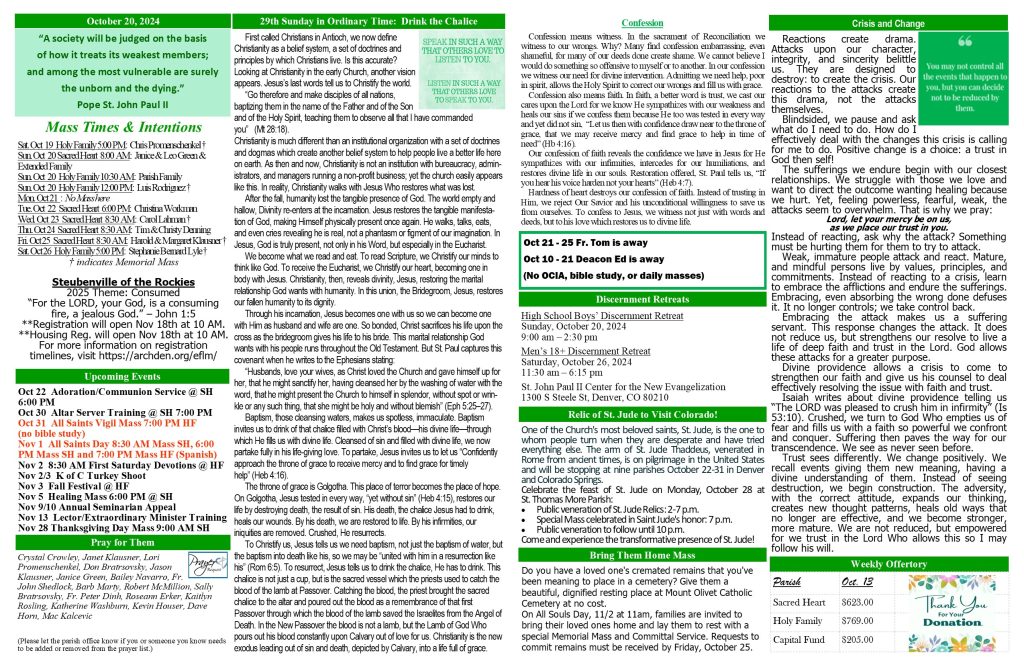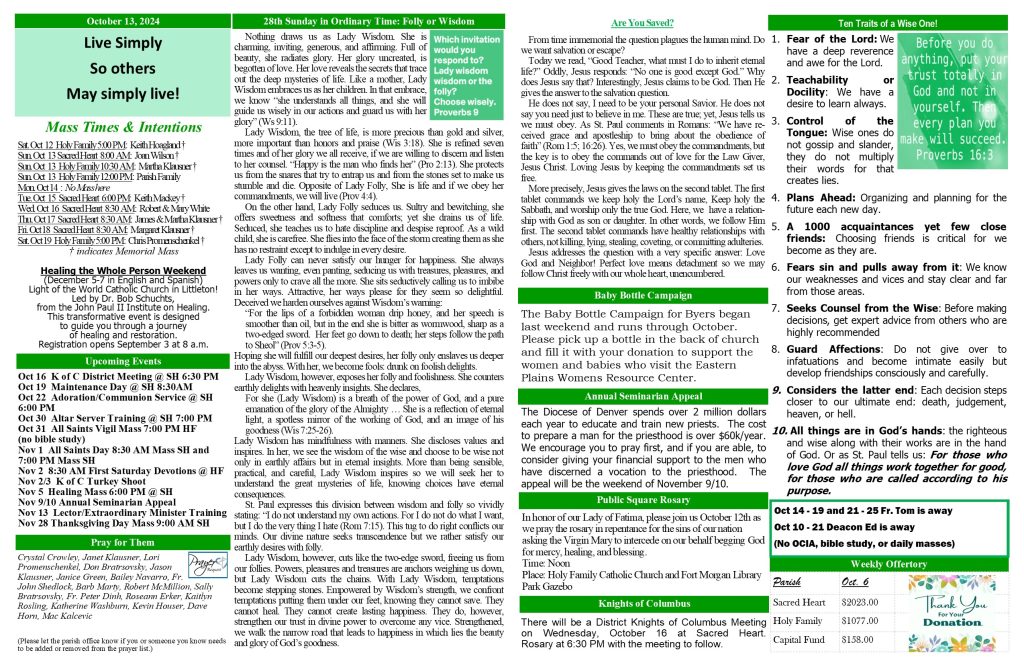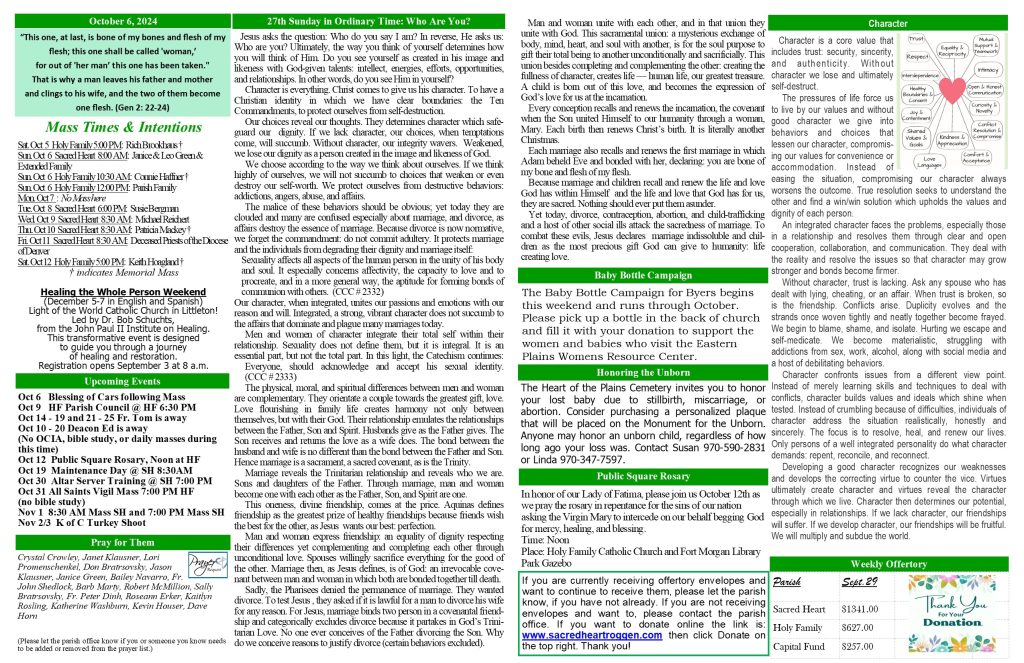The Law
Jesus, the Author speaks his wisdom to Moses revealing his love through the perfect law of liberty. This Law of Love protects us because “A community dominated by disrespect for parents, workaholism, violence, envy, theft, and lies isn’t free” (Leithart, 5). The Law of Liberty frees us from the corruption contained within our hearts, perfecting it by following the Law of Love.
To bring law and order back into our world, God gave the Shema, not a law necessarily of right and wrong but a law to order our relationships rightly.
“The LORD our God is one LORD; and you shall love the LORD your God with all your heart, and with all your soul, and with all your might” (Dt 6:4–5).
Listen, that is discern the many desires of your heart, so you may find true love. If one does not to listen to God first, one cannot love oneself. Worse, a person cannot love his neighbor who is God’s image. To protect our love from becoming selfish, God commands Moses to write a second Law, “You shall not take vengeance or bear any grudge against the sons of your own people, but you shall love your neighbor as yourself” (Lev 19:18). Loving God first rightly orders our lives. Yet, Loving God adds nothing to his glory: Love naturally honors those who are above us. It adds everything to ours.
Instead of commanding us to love God alone, Jesus commands us to love our neighbor who is our equal, sometimes our enemy as another self. Loving our neighbor as ourselves not only respects our neighbor but solidifies our love for God because it not just a duty but a personal choice. Love is always a choice, a free act of the will: the Law of Liberty. When we love as God directs, we have true freedom. When we fail to love as God directs, we corrupt our hearts.
To love one another, we do what is right for them. We give them their just due which honors God. He told us not just to love Him, but also to love our neighbor as ourselves. This honors God but the heart of the command is not to love our neighbor for the sake of our neighbor’s well-being, but to love them out of our love for God. We love our neighbor through God’s love of us.
It is only right and just to love our neighbor. It fulfills the command of the second part of the Law given by Moses. Yet, love goes beyond doing what is right and just. Love fulfills what is lacking in the other. This is mercy.
To give another what is their just due: honor and respect, is justice. Yet to give another what they themselves forfeited by their corrupt behavior goes beyond justice. It is mercy. Mercy makes up for what is lacking in the other. More profoundly, mercy not only makes us what is lacking in the other but knows that the other cannot repay what is given. It is a free gift of love to help the other, even when they do not deserve it, nor repair it and sometimes reject it.
The Law of Love showing mercy develops deep, powerful relationships, not rules. When relationships break down, rules are needed. The more relationships break down, the more rules are needed to restore the relationship. Mercy, however, repairs and restores the relationship, realizing that the offending person could never repair nor restore the damage.
This is the mystery of Mercy: the Law of Pure Love. Corrupted hearts cannot heal themselves. Nor can they repair and restore what was lost. The injustice is too great, and the debt owed is inestimable. Yet, Divine Love pays the price to repair and restore the corruption within our hearts. Hearts healed by the inestimable mercy of Jesus, we who receive his mercy, now have love’s strength to love our neighbor, even our enemy, not with corrupt human love, but with the incorruptible love of Jesus. In this light, we love Law for Law is not a rule, nor command, but a person, Jesus Christ Who loved us out of his law, be merciful as I am merciful.





